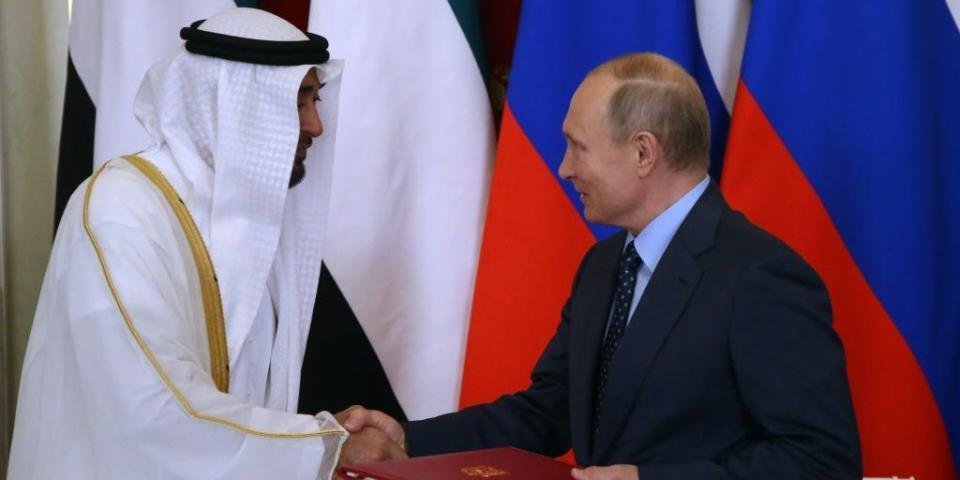
-
Russia has taken in billions in dollars and euros since 2022, Reuters reported.
-
Allies have continued currency shipments despite the threat of Western sanctions.
-
Russia has pushed to de-dollarize its economy, but the dollar is still needed for trade, experts say.
Russia is taking shipments of billions of dollars and euros, despite strict sanctions that banned currency exports to the nation since the start of the Ukraine war, according to Reuters.
Russia has received $2.3 billion worth of dollar and euro notes since March 2022, around the time Moscow first invaded Ukraine, according to customs data cited by the outlet.
Those shipments may be helping to keep Moscow tethered to the global financial system despite attempts from the West to make financial transactions harder for the country.
The dollar and euro shipments came from close allies of Russia, Reuters found, including the United Arab Emirates and Turkey — countries where Russia has exploited banking loopholes to keep trade afloat.
The US Treasury has threatened to impose secondary sanctions on financial institutions helping Russia evade trade restrictions.
The shipments of foreign currency also come as Russia has moved to de-dollarize its economy, with President Vladimir Putin calling on the nation to reduce its use of “toxic” currencies from the West earlier this year.
Still, Russia is dependent on the use of the dollar, economists say, given how widely traded the greenback is and held among the world’s central banks and how widely it’s used in international transactions.
In particular, crude oil, which is primarily transacted in US dollars, is one of Russia’s main sources of revenue. That means lost access to the dollar could weaken Moscow’s money stream and potentially send the country into a severe recession, UC Berkeley economist told Business Insider recently.
Some foreign banks have started tightening the screws on Russian transactions out of fear of being targeted by the West. Financial institutions in the UAE, Turkey, and Austria are beginning to shift away from Russian business, sources told The Wall Street Journal earlier this year.
Read the original article on Business Insider





